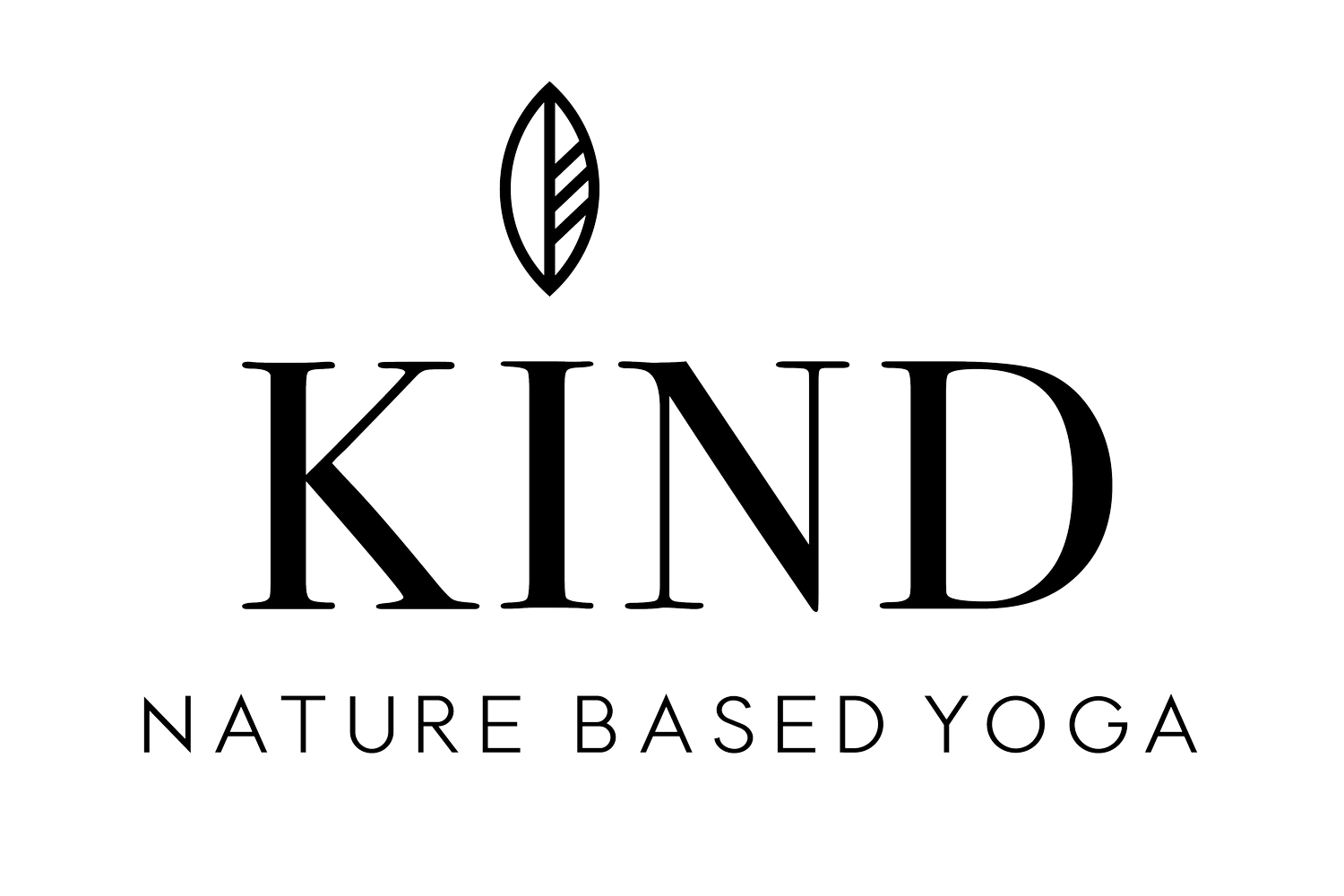Farewell to the Yoga Alliance: My Reasons for Parting Ways
The Yoga Alliance emerged in 1999 from a small, dedicated group of individuals who were committed to establishing a registry to recognize yoga schools and yoga teachers whose training met their existing standards. These standards were intended to uphold a level of competency amongst instructors, and a level of accountability that would “promote and support the integrity and diversity of the teaching of yoga.”
Since 1999, the YA has expanded to become the largest international organization within the yoga community. To get the facts straight, the Yoga Alliance is not an official certifying body like the Canadian Society of Exercise Physiology (CSEP) or the Canadian Fitness Professionals (CanFit Pro) and being recognized by the YA is not required to be a certified yoga instructor.
As the presence of the YA grew, it became somewhat of an unofficial governing body for the yoga community. I have no qualms with governing bodies, they’re put in place with the intentions of mitigating risks to the public that could arise from the practice of the profession - in this case, yoga. In addition, associating with a governing body that upholds standards of excellence sets us apart from the numerous under-qualified instructors, ultimately protecting our reputation for quality of service.
According to the Professional Governance Act BC, some of the many responsibilities required of a governing body include:
to preserve and protect reserved titles or reserved practices, as applicable, in the public interest;
to establish the conditions or requirements for registration with the regulatory body;
to establish, monitor and enforce standards of practice to enhance the quality of practice so that registrants avoid:
professional misconduct,
conduct unbecoming a registrant, and
incompetent performance of duties;
to establish and maintain a continuing competency program to promote high practice standards amongst registrants;
to establish, monitor and enforce standards of professional ethics amongst registrants;
I can get on board with all of the above, but unfortunately, the Yoga Alliance hasn’t. What do I mean by that?
To my knowledge, since its inception in 1999, not a single Yoga Alliance representative has ever visited any of the schools it recognizes with the intention of auditing their competency and delivery of the curriculums they approved. Once a yoga school has paid the initial fee to have their curriculum reviewed for approval, that’s the last they hear from the YA - except for the email reminding them of their impending annual membership renewal fee. There is no follow through from the Yoga Alliance - no phone calls, no emails, no random visits to the studios to ensure they’re actually complying with the standards it claims to uphold. Reviewing a school’s curriculum without actually monitoring its compliance is a job half done - actually, barely done.
Paying to have a stamp of approval that differentiates us from those who are under-qualified is advantageous, however, what purpose does it serve to invest in an organization that purports to uphold its standards? Ironically, as of March 1st, 2024, guidestar.org reported that the Yoga Alliance brought in a hefty $31 million in assets and $13 million in gross receipts (more about this here). Their annual financial reports are posted on their website here. Of the $31 million, I find it hard to believe that they can’t round up funds to hire a team of employees that visit and audit studios and teachers to ensure their adherence.
To shed some light on the situation, my first 200hr Hatha Yoga Training was recognized by the Yoga Alliance, yet it was the poorest quality of education I've received to date. In one of the weekend modules, our trainer deserted us mid-morning, unannounced, and didn’t return until the end of the day. Apparently leaving to break up with her boyfriend was a valid excuse for abandoning her students without warning. I left that training feeling completely in the dark, and unprepared to teach a yoga class, but at least it was Yoga Alliance recognized, so it appeared I was qualified to teach, right?!
Sadly, my experience is far from uncommon. You don’t have to look hard to find a YA recognized 200hr YTT condensed into 2 weeks - some even online! How could you possibly prepare instructors to responsibly and safely guide people’s bodies through a yoga class, let alone even begin to skim the surface of a cultures’ sacred traditions.
Make it stand out
Claiming one can “teach yoga” after only two weeks of studying its complex origins and philosophies diminishes a cultural practice, and proceeding to profit off of teaching a simplified version of yoga feels disrespectful, and even steps into cultural appropriation territory, in my opinion.
Personally, I find it suspect that the YA aims to maintain accountability amongst yoga professionals, yet their failure to monitor and enforce these standards isn’t being held accountable. I know I’m not alone in my feelings. There is a growing uncertainty circling amongst studios and instructors who express their skepticism in the actual benefits of their annual membership fees. Why should small grass-roots businesses and teachers who are working hard trying to support their communities be forced to pay an invisible organization annual fees for services that they never see the benefit of?
For all of these reasons, and more, there is a growing number of studios like ours, who are choosing not to support the Yoga Alliance, as it is not who it claims to be. A YA stamp does not determine or guarantee the quality of a YTT program or its faculty. There are plenty of high level educators who choose not to support the YA, and there are many who continue to pay annual fees to the YA in fear that potential clients who are unaware of the YA’s utter irrelevance will take their business elsewhere under false assumption that the YA equates a higher quality of education.
What does this mean for you? As a Yoga studio owner, I have never once looked at whether an applicant was YA recognized because I know their standards are not upheld. I personally ask all potential teachers to do an audition - wherein they teach a 30 minute class via an online recording or an in-person demonstration. Many studios operate this way, and you can certainly find jobs at studios that do not require this stamp. That being said, you may encounter studios that require a YA stamp, I can't promise this won't ever happen.
I will say, if a studio chooses to hire teachers that have a YA stamp only, I would think critically about it as a potential staff member. It's worth doing your own research, and perhaps asking the studio with open curiosity as to why they require this. Is it backed by up-to-date information, and is it reasonable? You could even consider asking the studio if they are willing to cover the cost of the registration fees for you. Why should you pay out of pocket for a fee that has no benefit to you? Pay attention to how their response resonates with you.
In conclusion, it is not required to be a YA certified teacher. There are plenty of inspiring educators who choose not to associate with the YA, and having a YA stamp does not indicate the quality of a YTT program or its faculty. Personally, the highest quality trainings I took were not YA recognized, and it hasn’t been an issue for me. That being said, associating with the YA is a personal choice (no judgement here), and you’ll need to make that decision for yourself.
In order to remain true to myself I have chosen to withdraw support to the Yoga Alliance, even if it means I lose a couple enrolments annually in our program - it’s what feels right at this moment in time.
Instead of paying the YA for a stamp to assert my merit, I’ll earn my reputation, and let the results of our program speak for themselves.







